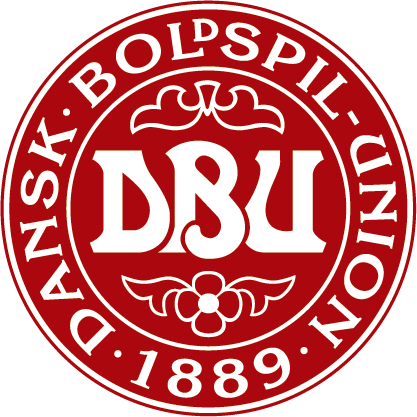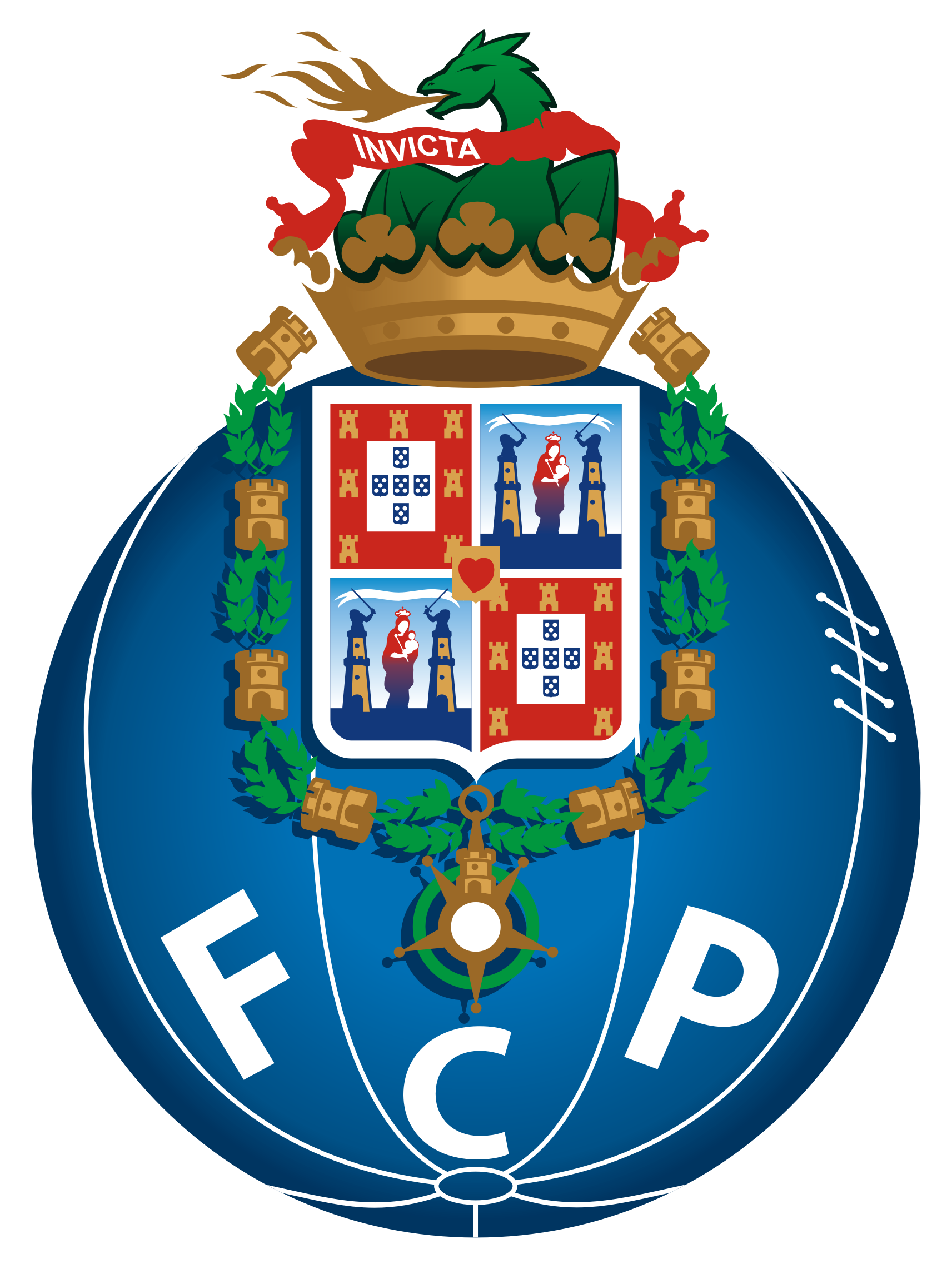The ACCESS approach to reinforcing public strategies and targets in sports showcased in Brussels
As a part of Brussels Capital Region’s BRUDALEX 2.0, the region’s ambitious review of the legal framework governing waste management, a workshop to reinforce its deployment in the region’s 19 municipalities was organised with the objective to create synergies between those municipalities and to showcase examples of good practices, while addressing and highlighting challenges, bottlenecks, and outlooks.
A room of around 20 participants, representing not only municipalities but also event organisers and venues, spent an afternoon on 13 March discussing achievements in and lessons learnt from implementing relevant obligations imposed by the region. ACR+ and the ACCESS project were present with Ernest Kovacs, who was invited to provide a testimony on a successful implementation of reusable cups and a separate waste collection at the Belgian national stadium, situated in the north of the region. This success story was an outcome of a cross-sectoral cooperation between the Royal Belgian Football Association, the City of Brussels, the Brussels Region’s Waste Management Company, various sponsors and contractors. This was an opportunity for Ernest to present and justify how such an approach was replicated within the ACCESS project’s framework in Cardiff, Dublin, Copenhagen and Porto. Since this event was very much targeting representatives of the Brussels Region’s municipalities, he didn’t want to miss the opportunity to invite them to the project’s Final Conference on 14 May at the very same national stadium he was talking about during his intervention.
The workshop provided a series of participative exercises where the participants had the opportunity to express their doubts, fears, and limitations linked to the topic of the workshop. The key challenges that were highlighted revolved around decentralised roles and responsibilities among the local authorities and their departments and their collaborations with external event organisers, social acceptance of certain solutions and the need for a strategic approach to behaviour change, and then when it comes to alternatives and reusable items, such as cups, plates, cutlery and similar – hygiene, storage and logistics in general, as well as the financial and resource losses in cases of inappropriate application. Concerning enabling actions on the other side, what was rated as successful were surveys and behaviour assessments, communication campaigns, and better management of food and beverage offers in terms of sizes, portions, beverage types and menu choices. An interesting reflection also appeared addressing local offers and carbon footprint of products – the lack of reusable bottles and packaging material among smaller and local producers or distributors.
“This invitation and the opportunity to provide a success story on something the ACCESS project itself wants to achieve comes as proof that a good facilitation, accompanied with a knowledge base and proven solutions can drive the application of circular economy principles and sustainable resource management in sports and other industries and thus significantly reinforcing the local and regional authorities’ strategies and targets. I was also happy to be able to announce the ACCESS final event to the representatives of all the 19 municipalities in the Brussels region. I am sure they will have a lot more success stories to hear there.”
Ernest Kovacs, ACR+ and ACCESS project coordinator















